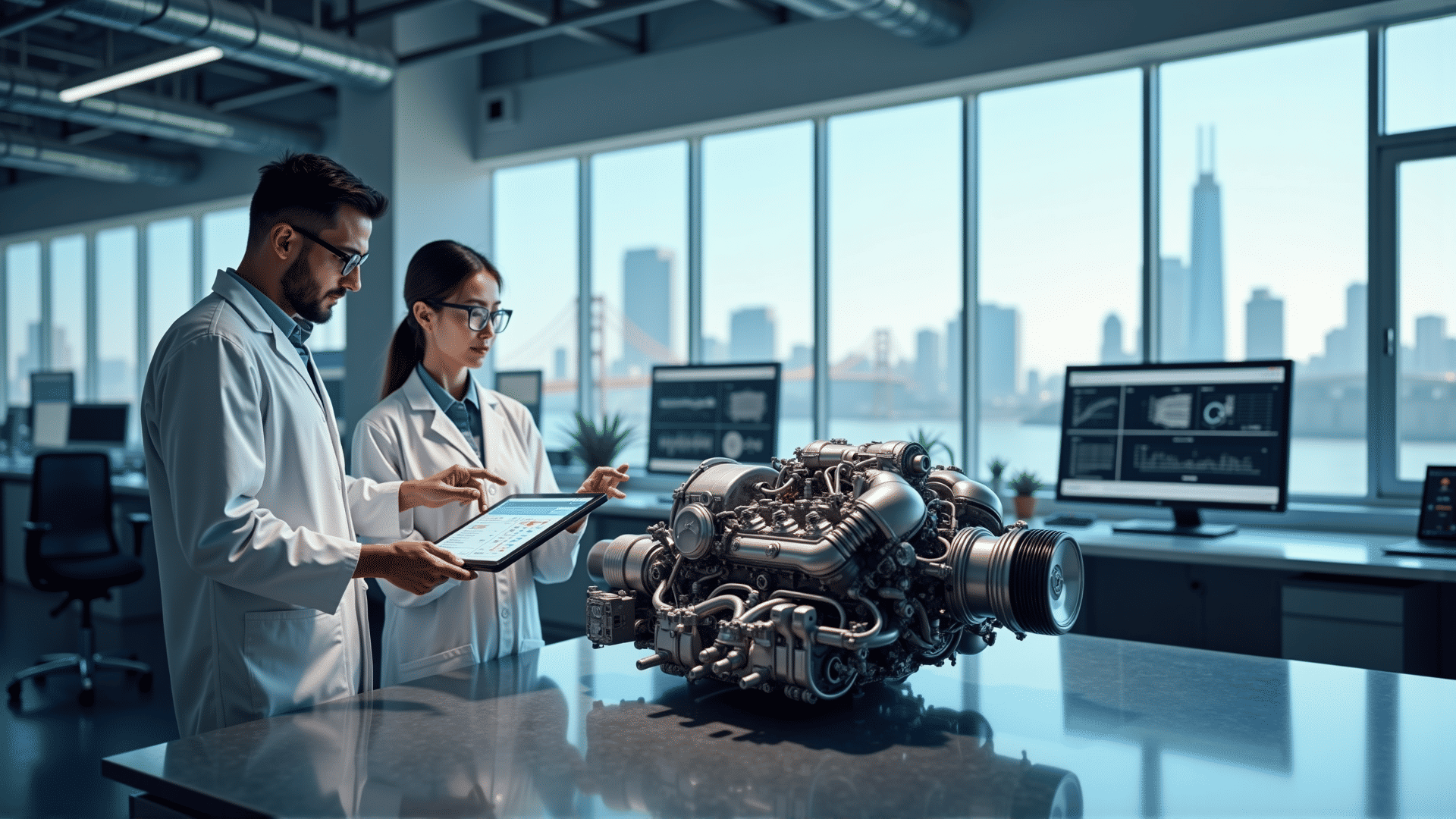In today's rapidly evolving world, the urgency to address climate change has never been more apparent. As global temperatures rise and environmental patterns shift, industries across the board are seeking innovative methods to reduce their carbon footprints. One sector at the forefront of this transformation is the automotive industry. Here, pioneering eco-friendly solutions are being developed to drastically reduce emissions while maintaining—if not enhancing—engine performance.
The primary challenge lies in striking a delicate balance between ecological responsibility and technological progress. Traditional engines, while powerful and reliable, have long been associated with high emissions, contributing significantly to air pollution and global warming. Innovators are now exploring groundbreaking technologies to redefine what engines can achieve, pushing the boundaries of sustainability.
At the heart of these advancements is the development of alternative fuel sources. Biofuels, electric batteries, and hydrogen cells are all gaining traction as viable options for powering the vehicles of the future. Biofuels utilize organic materials, turning what was once waste into a clean energy source. Electric vehicles (EVs) powered by advanced battery technology offer a zero-emission alternative that continues to improve in efficiency and range. Hydrogen fuel cells present another promising route, generating only water as a byproduct while offering high energy density.
Beyond alternative fuels, significant advancements in engine technology also play a crucial role. For instance, the integration of start-stop systems in conventional vehicles minimizes idling time, thereby reducing emissions. Turbocharging and engine downsizing, alongside greater use of lightweight materials, help improve fuel efficiency without sacrificing power. These innovations optimize combustion processes, ensuring that every drop of fuel contributes to propulsion rather than pollution.
Moreover, the role of digital technology cannot be overstated. Smart engine management systems utilize artificial intelligence and the Internet of Things (IoT) to monitor and adjust engine performance in real-time. These systems can predict and rectify inefficiencies before they culminate in excessive emissions. Connectivity also allows for over-the-air updates, ensuring that engines can continuously evolve and adapt to new environmental standards without necessitating hardware changes.
The push for greener solutions is catalyzed further by evolving regulatory frameworks which incentivize low-emission vehicles. Governments worldwide are establishing stricter emission standards, offering tax breaks and rebates for manufacturers and consumers who choose sustainable options. This legislative support not only accelerates the innovation pipeline but also brings environmentally friendly vehicles to the market more quickly and affordably.
The commitment to a greener future is not merely an industry trend—it is a societal imperative. Public awareness and consumer demand are shifting towards sustainable solutions, creating an ecosystem where innovation thrives. Collaborative efforts between automakers, technology innovators, and policymakers are making headway towards achieving substantial emissions reductions without compromising on performance.
In conclusion, the redefinition of engine performance in an eco-conscious framework is setting the stage for a cleaner, more sustainable world. By embracing alternative fuels, advancing engine technology, and leveraging digital trends, the automotive industry is poised to make significant contributions to environmental sustainability. Our commitment to these pioneering solutions paves the way for a future where high-performance goes hand in hand with low emissions, ensuring a healthier planet for generations to come.
